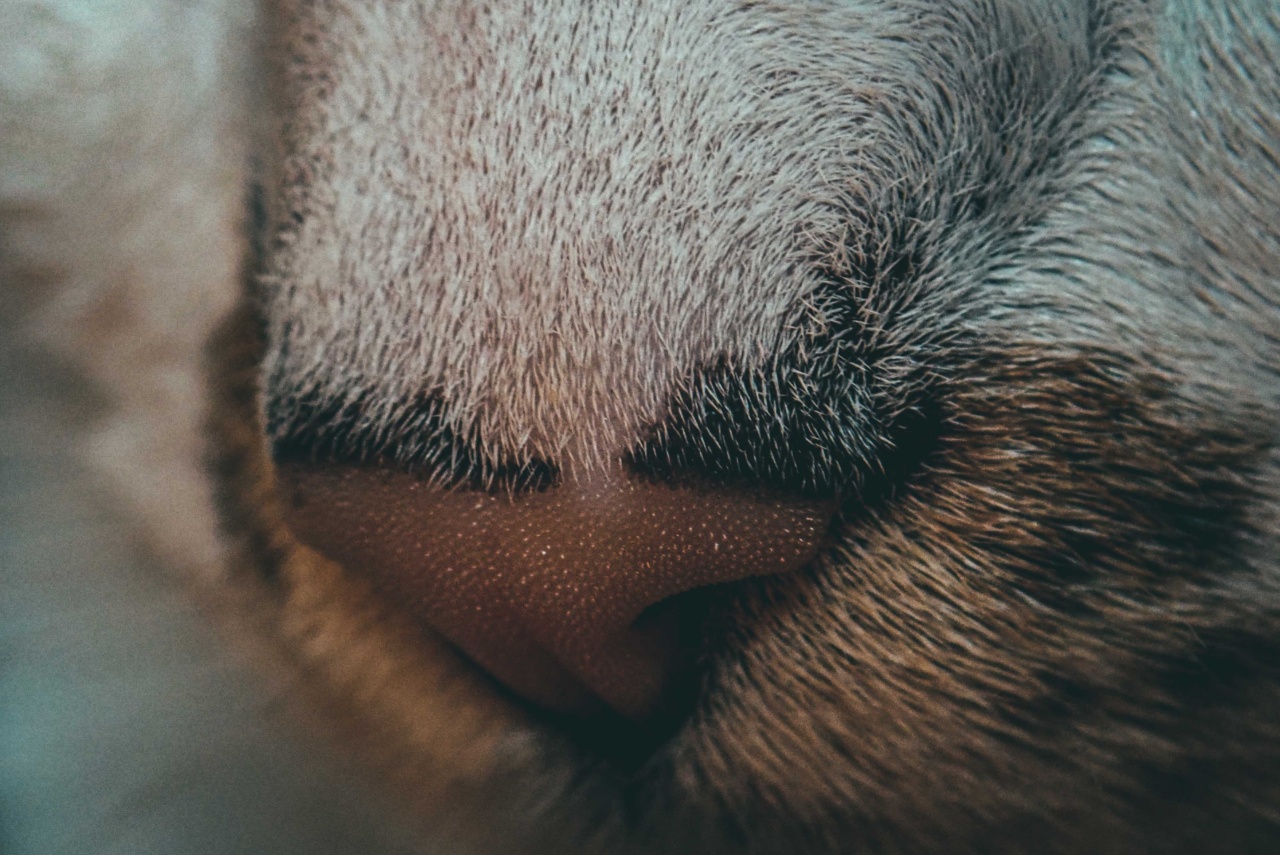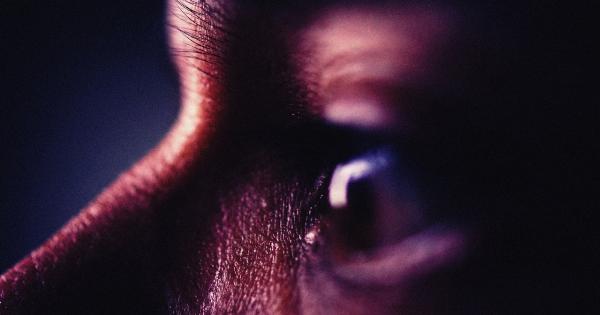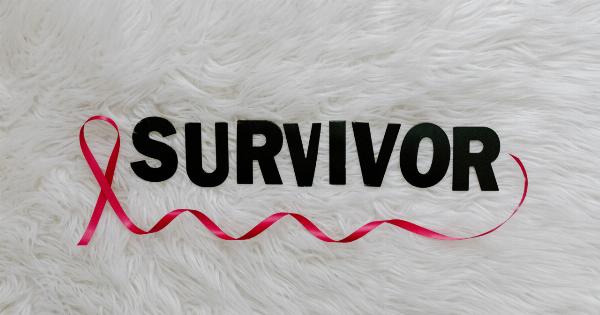Concussions are often associated with a variety of symptoms, including headaches, dizziness, and confusion.
But did you know that they can also affect your sense of smell? Research has shown that concussions can have a significant impact on the olfactory system, leading to changes in the way you perceive and interact with the world around you.
How Concussions Affect Smell
When you experience a concussion, the force of the impact can cause your brain to collide with the inside of your skull.
This can result in damage to the nerves that connect your brain to your olfactory system, which is responsible for your sense of smell. Depending on the severity of the concussion, this damage can range from minor to significant.
In some cases, a concussion can cause a temporary loss of smell, or anosmia. This happens when the nerves that transmit information about odors to your brain are damaged and can no longer function properly.
In other cases, your sense of smell may be altered in some way. You might notice that some smells seem stronger or weaker than they used to, or that certain scents are now unpleasant or even painful.
The Importance of Smell
While smell may not be the most obvious of our senses, it is an incredibly important one. Our sense of smell helps us to identify people and places, to find food and water, and even to stay safe from danger.
It is also closely linked to our memories and emotions, with certain smells able to trigger strong feelings of nostalgia, happiness, or fear.
People who experience a loss or change in their sense of smell can find it difficult to adjust to these changes. They may struggle to identify different foods or be turned off by the smells of things that normally bring them pleasure.
In some cases, a loss of smell can also be a sign of a more serious health condition, such as Alzheimer’s disease or Parkinson’s disease.
Symptoms of Olfactory Impairment
If you have experienced a concussion and are concerned about changes to your sense of smell, there are a few symptoms to be aware of. These include:.
- A complete loss of smell
- A partial loss of smell
- A change in the perception of smells, such as a reduction in the intensity of odors or the perception of certain odors as unpleasant or different than before the concussion
If you experience any of these symptoms following a concussion, it is important to see a doctor or other medical professional right away.
They can help you to assess the impact of the concussion on your olfactory system and develop a treatment plan specific to your needs.
Treatment for Olfactory Impairment
If you are diagnosed with olfactory impairment following a concussion, there are a few treatment options available. These include:.
- Olfactory training: A form of physical therapy designed to retrain your brain to recognize and respond to different smells.
- Nasal drops or sprays: These can help to reduce inflammation in the nasal passages and improve overall olfactory function.
- Surgery: In some cases, surgery may be necessary to repair damage to the olfactory nerves or other structures in the nasal passages.
- Medication: Certain medications may help to improve olfactory function by reducing inflammation or improving blood flow to the olfactory system.
It is important to remember that the best treatment for olfactory impairment will depend on the specific cause and severity of the condition.
Your doctor or other medical professional can help you to develop a treatment plan that is tailored to your unique needs and circumstances.
Preventing Concussions
While treatment for olfactory impairment following a concussion is often possible, preventing concussions in the first place is always the best course of action. Here are a few tips to help reduce your risk of concussion:.
- Wear a properly fitting helmet when riding a bike, rollerblading, or participating in contact sports.
- Avoid dangerous activities like diving into shallow water or jumping off high objects.
- Always wear your seatbelt and make sure your car is equipped with airbags and other safety features.
- Use caution when using ladders or other high-impact equipment.
By taking these simple steps, you can help to reduce your risk of concussion and the associated symptoms, including olfactory impairment.
Conclusion
While concussions are often associated with headaches and confusion, they can also have a significant impact on our sense of smell.
Whether it is a temporary loss or a change in the way we perceive smells, olfactory impairment can be a challenging symptom to manage. But with the right treatment and preventive measures, it is possible to regain and protect your olfactory function following a concussion.























